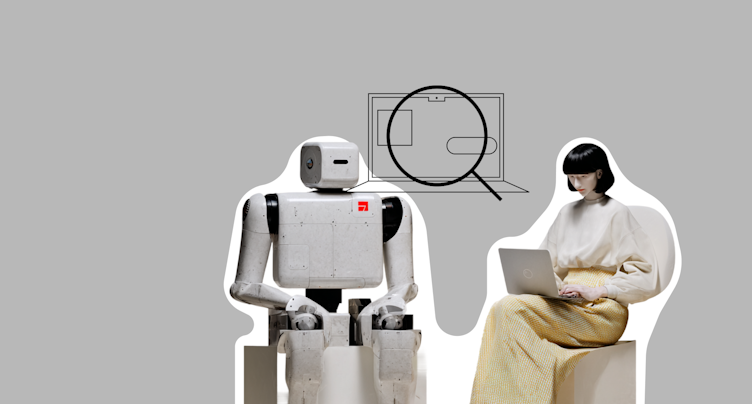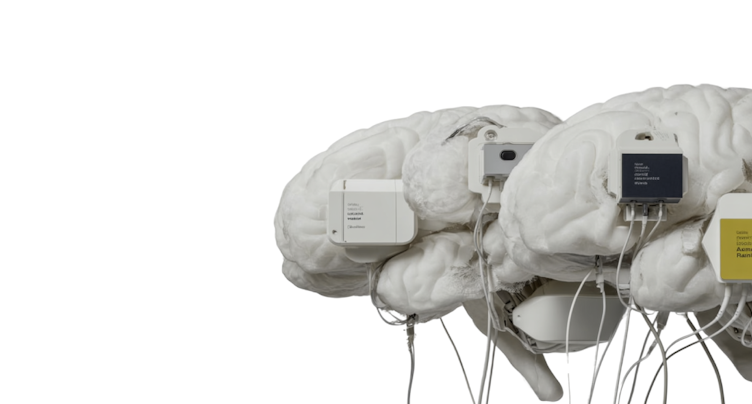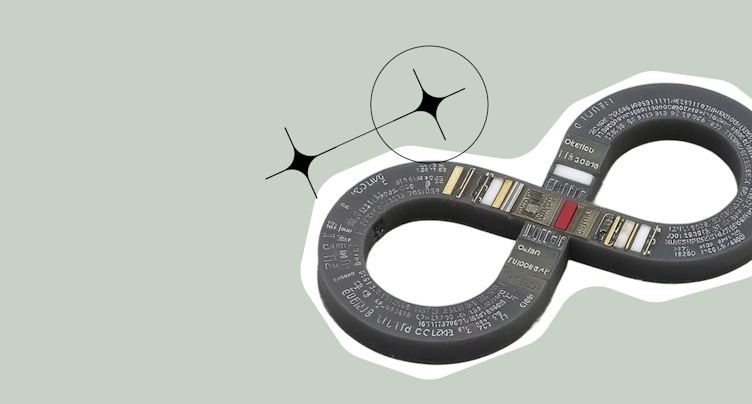share this post on

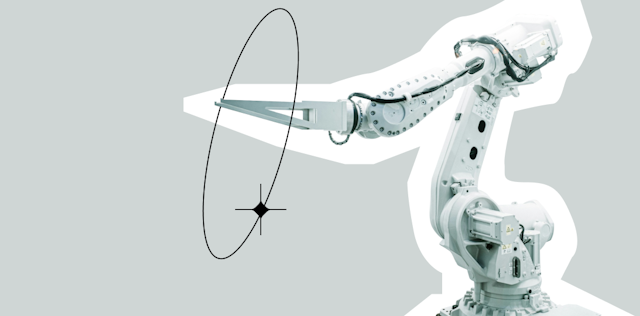
12 October, 2024
Generative artificial intelligence (generative AI or gen AI) in healthcare, has been in the spotlight for the last few years, with headlines and research publications pressing on its growing importance and success.
IBM's Watson which leverages AI algorithms, could ingest more than 600,000 pieces of medical evidence, more than two million pages from medical journals, and search through up to 1.5 million patient records, when its successful diagnosis rate for lung cancer was 90%, compared to 50% for human doctors — statistics from more than a decade ago.
Continuing the curve of success, the size of the generative AI market in healthcare is now projected to reach USD 22.1 billion by the end of 2032, with nearly 75% of major healthcare companies currently experimenting or planning to scale generative AI in their operations.
In this article, we’ll cover how generative AI is used in healthcare with a focus on reducing that administrative burden, and we’ll share five use cases that demonstrate the future potential of this technology.
What is generative AI in healthcare?
“Generative AI refers to deep-learning models that can take raw data… and ‘learn’ to generate statistically probable outputs when prompted. At a high level, generative models encode a simplified representation of their training data and draw from it to create a new work that’s similar, but not identical, to the original data,” as IBM explains
How is generative AI used in healthcare?
Generative AI is revolutionizing healthcare by providing innovative solutions that enhance diagnosis, treatment, and patient outcomes. It helps create personalized treatment plans by analyzing large volumes of patient data and predicting potential health risks. Additionally, generative AI supports advanced medical imaging tools, leading to faster and more accurate disease detection, particularly in radiology and pathology. Beyond clinical applications, it improves patient engagement through AI-driven chatbots and virtual health assistants, making healthcare more accessible and efficient.
- Clinical trial optimization: Scientists are starting to use generative AI to manage clinical trials, including “the tasks of writing protocols, recruiting patients and analyzing data”.
- “Self-servicing” and care guidance: With virtual assistants and chatbots the healthcare system has better ways to connect to and engage patients, and a better quality of care leads to improved patient adherence.
“The promising new discipline of precision medicine can offer personalized medical treatments tailored to each patient based on their health and lifestyle information. But this approach requires a comprehensive understanding of existing therapies, patient characteristics, and the complex biological mechanisms that connect them, making it a highly challenging task. Large Language Models (LLMs) can make sense of decades of biomedical research fragmented across publications by extracting and synthesizing data and knowledge, which is laborious and expensive for human experts to do.” - Benjamin M. Gyori, Director of Machine-assisted Modeling & Analysis, Harvard Medical School
Source: Generative AI in healthcare and its role in the future of the industry
Generative AI can bring the widespread adoption of AI solutions in everyday healthcare settings when the right AI model is pointed at the right datasets.
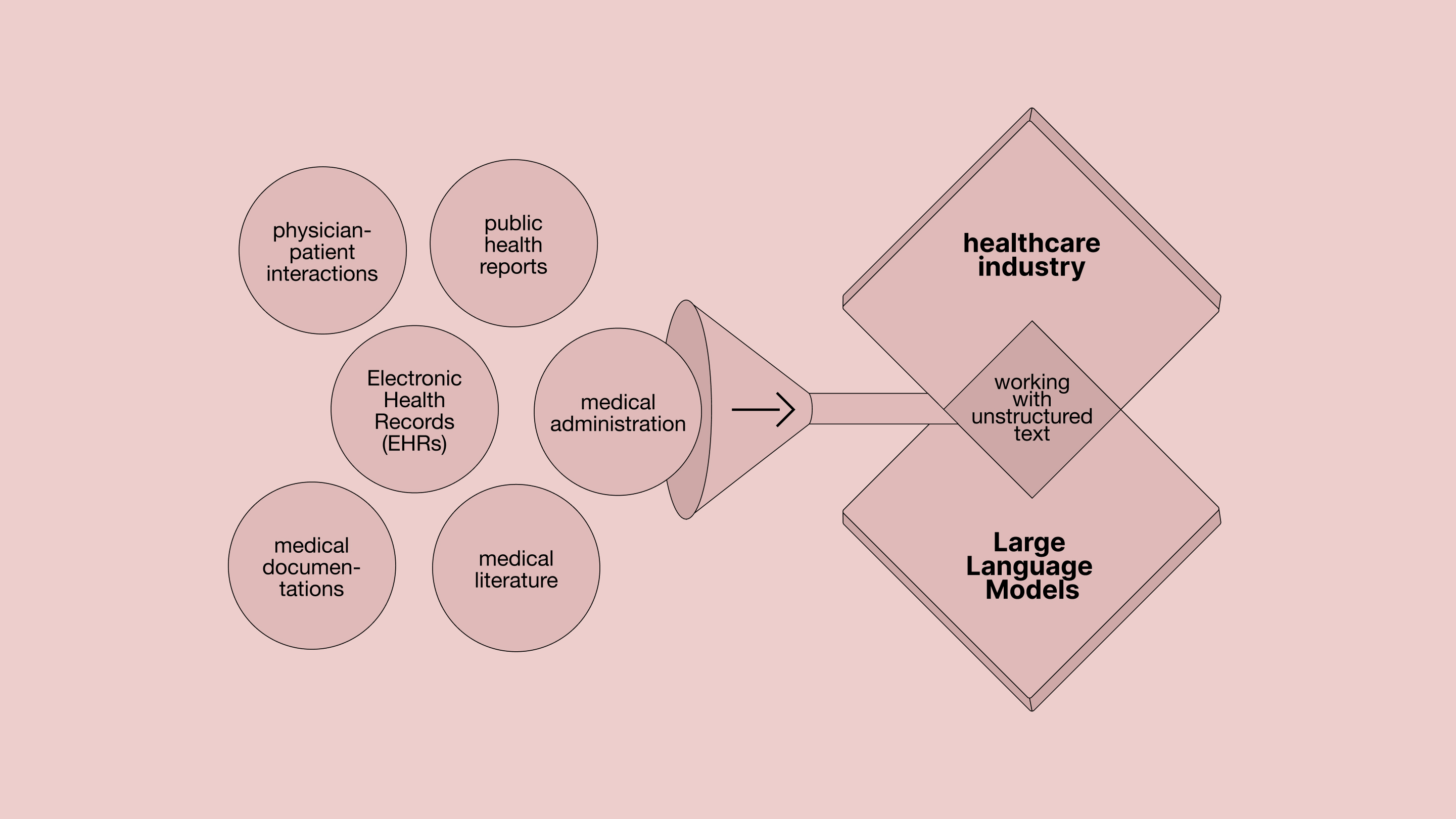
Large Language Models can make a substantial difference in healthcare
For instance, LLMs have the potential to transform and revolutionize all stages of health management, including customizing preventive care interventions, giving medical diagnoses and finding the most suitable treatment, and freeing up human resources in patient management by focusing on eliminating the staff’s administrative load.
Generative AI in healthcare and its role in the future of the industry, get a comprehensive guide to the transformative technology of gen AI and an overview of its potential applications throughout the healthcare management process.
5 use cases of generative AI reducing the administrative burden in healthcare
Healthcare professionals know that administration is a non-eliminable task, and unfortunately, it’s also tedious, and time-consuming, causing lots of frustration that impacts patients as well. In fact, physician specialties spend an average of 15.5 hours per week on paperwork and administration.
If the administrative burden is removed from the healthcare system, it can result in:
- Improved Quality of Care: When healthcare professionals are freed from excessive administrative tasks, they can focus on providing better care to their patients.
- Increased Efficiency: Streamlining administrative processes can save time and money for everyone involved in the healthcare system.
- Patient Satisfaction: Patients are more likely to have a positive experience if they can easily access care and don't have to deal with frustrating administrative hurdles.
Let’s see 5 use cases of generative AI in healthcare that help reduce the pressing issue of administrative burden.
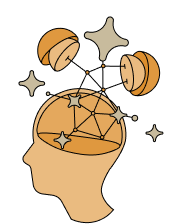
1. Patient intake
Problem:
When it comes to administration, healthcare professionals must navigate different health systems and unappealing digital forms and manual input of large amounts of information. It’s time-consuming at every stage, from learning how to use these forms and systems to routinely managing them.
Generative AI solution:
- With speech-to-text conversion, healthcare professionals can save time on note-taking and data entry, while not only capturing all information and ensuring the factual accuracy of the generated text, with specific AIs recognizing medical terms as well, but allowing them to focus on patients, instead of the data.
- AI can help transform text into medical forms and generate progress notes, discharge summaries, and referral letters, resulting in better-formated, more consistent, and standardized documents and lots of time saved for staff.
2. Consultation and information handover
Problem:
Healthcare professionals often don’t have enough time to hand over information in person to patients while the amount of information can be overwhelming for those on the other end.
Generative AI solution:
- Generative AI can create customized educational materials based on a patient's diagnosis, health literacy, and preferred language. This improves patient understanding and engagement in their care plan.
- Intelligent virtual assistants for patients can answer basic patient inquiries on appointment scheduling, insurance pre-approval, and medication refills through chatbots or virtual health assistants.
3. Administration for medical logs
Problem:
Healthcare professionals usually have very limited time to do administration in between seeing patients. On top of that, the different types of software they need to use are often not intuitive and some medical experts are not tech-savvy and can face technical difficulties during administration.
Generative AI solution:
- Automated Documentation and Reporting: Generative AI can analyze doctor-patient interactions and EHR data to automatically generate progress notes, discharge summaries, and referral letters. This frees up time for doctors to focus on patient care.
4. Administration for insurance
Problem:
The tasks of assessing patients’ insurance information, completing insurance forms, and compiling documentation for claims are not only time-consuming but are also high-risk areas for human error.
Generative AI solution:
- Streamlined Insurance Communication: Generative AI can handle repetitive tasks like prior authorization requests and claim coding, reducing errors and expediting insurance approvals.
5. Administration for research
Problem:
Being overwhelmed by large data sets is a key factor in the constant administrative burden in healthcare that leads to burnout and frustration among healthcare professionals. It negatively impacts their well-being, potentially the quality of care they can provide to patients and therefore the level of patient satisfaction.
Generative AI solution:
- Research and Development Acceleration: Generative AI can analyze vast amounts of medical data to identify patterns and generate hypotheses for new treatments and therapies, accelerating research progress.
How will generative AI transform healthcare?
When it comes to generative AI in healthcare, like all other technologies, it has its limitations, so gen AI’s immediate integration into your healthcare and business processes should likely be avoided — instead, we recommend future-proofing your services by learning and experimenting with it.
It’s also smart to remember that there are several ways to address the administrative burden in healthcare, such as process standardization, simplifying regulations and authorizations (in cooperation with governments and regulatory bodies), and yes, implementing the right technology for the purpose. This can mean using user-friendly electronic health records (EHRs) and automating tasks like appointment scheduling and billing with generative AI, to free up staff time.
Reducing the administrative burden in healthcare is a complex issue, but it's an important one to address. By implementing these types of solutions, we can create a more efficient and patient-centered healthcare system.
Interested in creating your own cutting-edge solution? Let's chat!
The form is loading...


